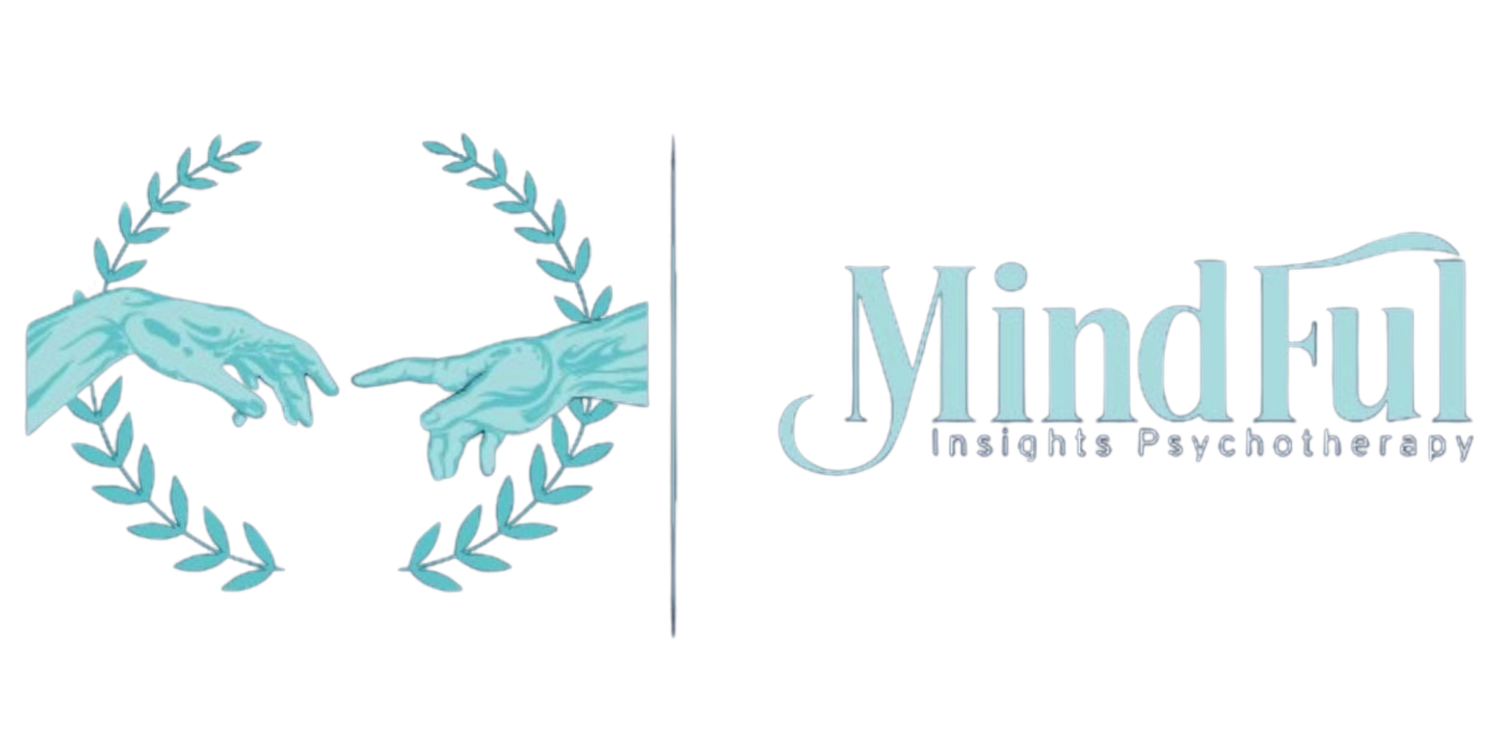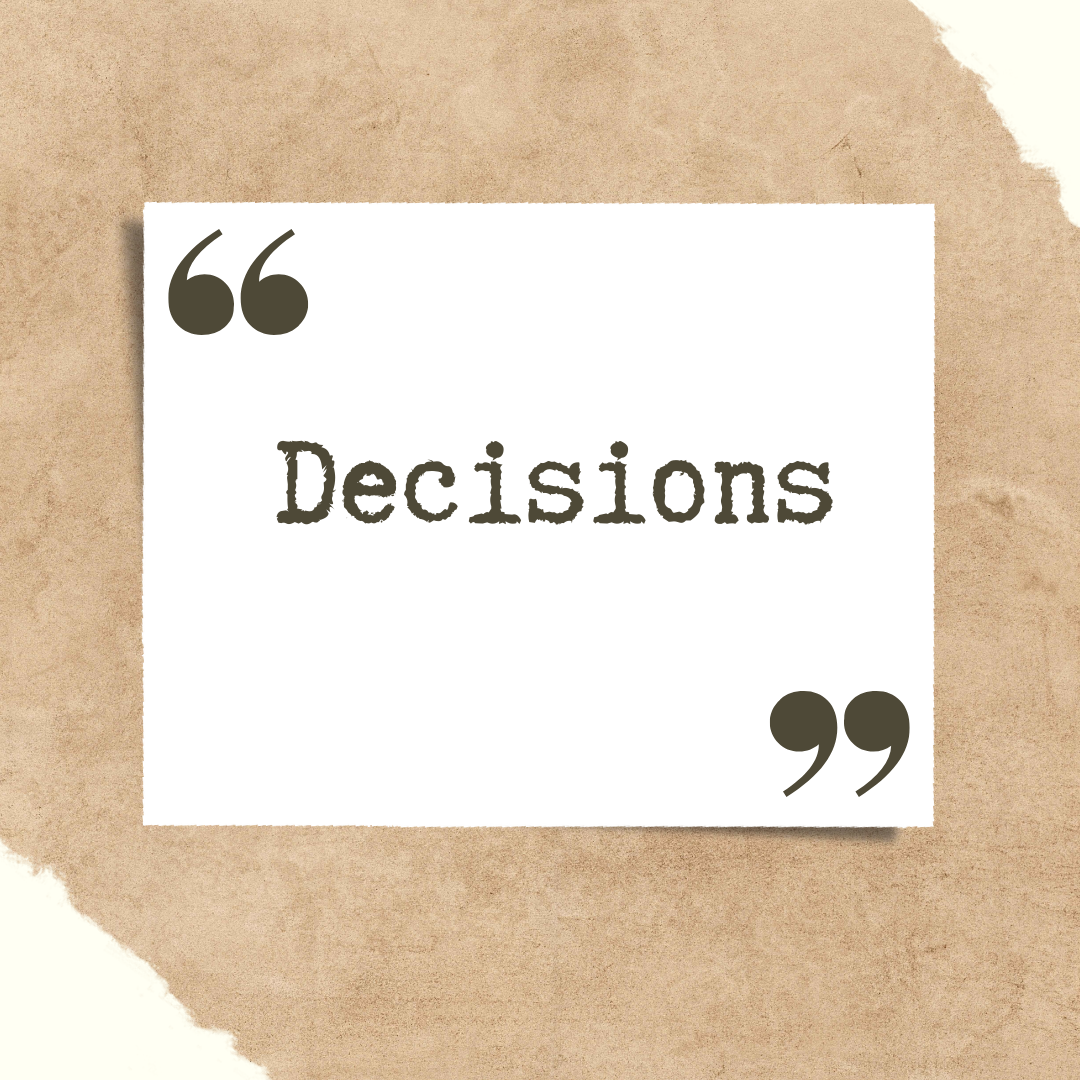Navigating Decision Fatigue: Strategies for Mental Clarity
Introduction:
We make countless decisions every day, from small choices to life-altering ones. Over time, constant decision-making can lead to decision fatigue, a state of mental exhaustion that leaves us feeling overwhelmed. In this blog, we’ll explore what decision fatigue is, how it affects us, and provide practical strategies for coping with it. If you’re feeling overwhelmed, visit Mindful Insights Psychotherapy for professional guidance.
1. What Is Decision Fatigue?
Decision fatigue refers to the deterioration in decision quality after prolonged decision-making. Just as physical exertion tires our muscles, making numerous decisions can deplete mental energy, leading to poor choices, avoidance, or impulsivity.
Symptoms Include:
• Feeling overwhelmed or paralyzed by decisions
• Increased irritability or frustration
• Procrastination or decision avoidance
• Impulsive or low-quality decisions
Learn more about how stress affects mental health.
2. How Decision Fatigue Affects Daily Life
From morning routines to work responsibilities, decision fatigue can show up in various areas of your life. It impacts:
• Productivity: Tasks take longer, and prioritization becomes a challenge.
• Relationships: Decision fatigue can drain emotional energy, making it difficult to engage in meaningful interactions.
• Self-Care: Exhaustion can lead to neglecting self-care, whether skipping the gym or choosing unhealthy meals.
Read about self-care tips for managing mental health.
3. Why It Happens
Decision fatigue results from the cognitive load placed on the brain by constant information processing and choices. In today’s world, we’re often bombarded with options, whether deciding what to eat or how to tackle daily tasks.
4. Tips to Cope with Decision Fatigue
a. Prioritize Early Decisions
Mental energy is highest in the morning. By scheduling important decisions early, you’ll make better choices when your mind is fresh.
b. Simplify Routine Choices
Eliminate unnecessary decisions by creating routines. For example, meal prep to avoid daily food decisions or create a wardrobe capsule to save time on outfit selection.
c. Set Decision Limits
Not every decision requires deep thought. Set a time limit for less critical decisions like ordering takeout.
d. Delegate
Where possible, delegate decisions to others or automate recurring choices, such as bill payments.
e. Practice Self-Care and Mindfulness
A well-rested mind is better equipped for decisions. Incorporate mindfulness and self-care practices like meditation to reduce mental clutter and enhance focus.
f. Take Breaks
Give your mind time to recharge by taking regular breaks, especially during tasks requiring constant decisions.
5. Seeking Professional Support
Sometimes, decision fatigue may signal underlying issues like anxiety or burnout. If this is the case, therapy can help. At Mindful Insights Psychotherapy, we provide tailored support for coping with decision fatigue and mental health challenges.
Contact us to schedule a consultation and begin your journey toward improved decision-making and mental clarity.
Conclusion:
Decision fatigue can leave us feeling mentally drained, but with the right strategies, you can regain control and clarity. At Mindful Insights Psychotherapy, we offer personalized tools to help you manage the challenges of decision fatigue. Reach out today for support and start your journey toward better mental well-being.

